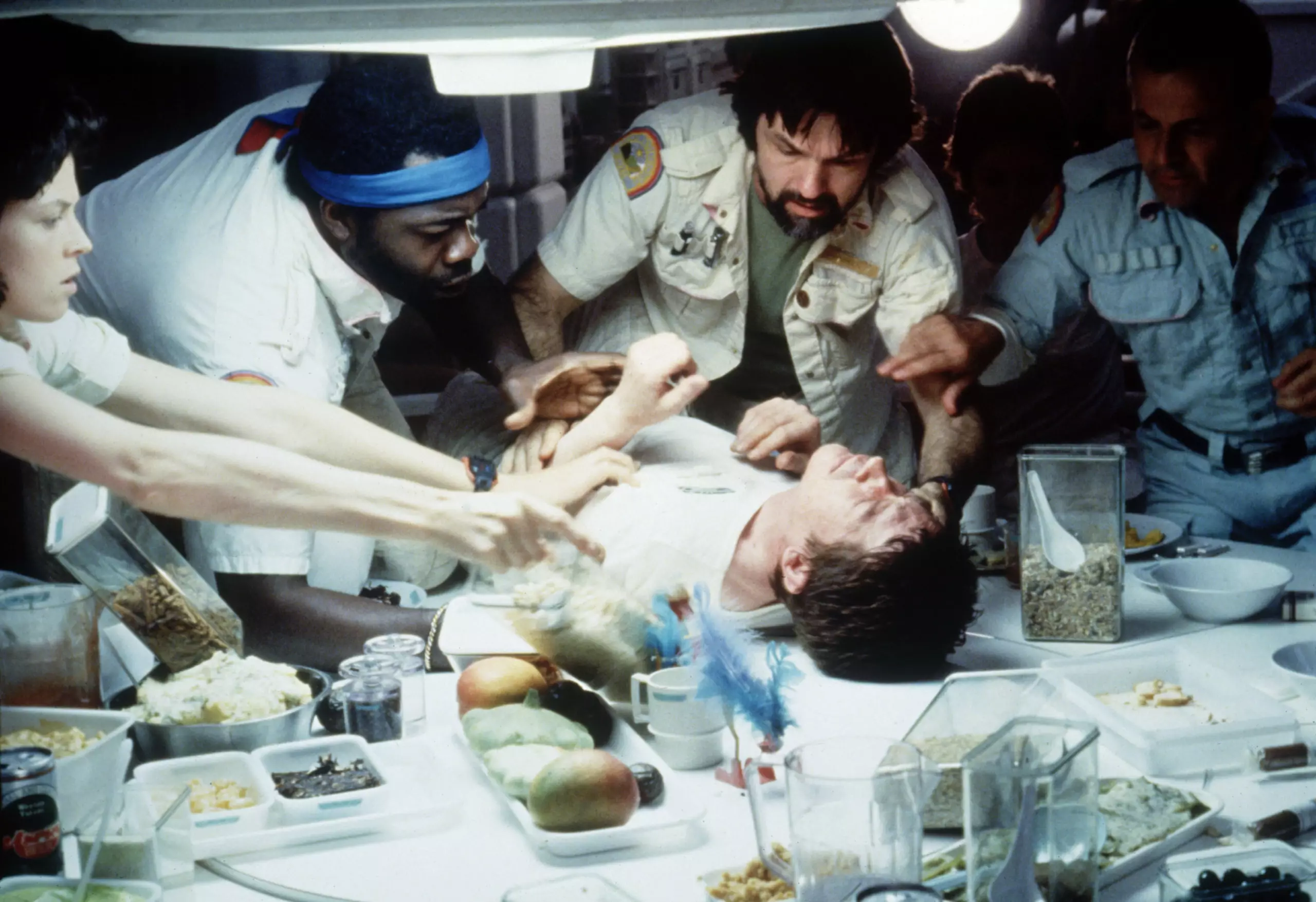Since its initial release in 1979, *Alien* has stood as a monumental pillar in both the science fiction and horror film genres. The film’s groundbreaking approach to cinematography, storytelling, and atmosphere not only terrified audiences but also redefined how monsters could be portrayed on screen. Directed by Ridley Scott, *Alien* introduced us to the commercially maligned yet artistically revered world of deep space exploration and survival horror, from which a lasting franchise emerged, including prequels and crossovers. Over the years, discussions around its production have unearthed fascinating insights from those involved, such as Tom Skerritt, who played Captain Dallas. His recollections draw a vivid picture of the creative processes that shaped this iconic film.
The dynamic between Tom Skerritt and Ridley Scott exemplifies the delicate balance between director and actor. Skerritt recalls his early interactions with Scott as fleeting and focused, emphasizing Scott’s drive and singular vision. As he states, “I wanted to see how he went about it,” highlighting not just his admiration for Scott’s talent but also his dedication to learning from the experience. This humble yet profound respect is crucial for actors working under a director like Scott, who is known for his meticulous attention to detail and overarching artistic vision.
This relationship becomes even more intriguing when considering the original script’s bleakness and the low initial budget. Skerritt’s early uncertainties about the film—particularly regarding its budget and potential for success—are stark reminders of how even the most revered projects can begin from a place of obscurity and doubt. His eventual excitement upon learning of Scott’s attachment and the budget increase reveals a critical juncture that probably swayed the film’s direction towards greatness. In this way, *Alien* serves to inspire future filmmakers and actors alike, showcasing how perseverance and faith in creativity can yield a celebrated production.
The film’s set was a blend of dreamy surrealism and disquieting mechanization, thanks to H.R. Giger’s haunting design work. Skerritt notes that the sets, while visually stunning, produced a lingering sense of discomfort: “It had a surreal feeling to it.” This duality created an environment that echoed the film’s themes of isolation and fear, presenting an artistic challenge for the cast. While Skerritt personally preferred brighter aesthetics, he recognized the necessity of Giger’s darker palette for the film’s signature atmosphere.
An integral part of this chilling atmosphere was captured in the now-iconic chestburster scene, which remains one of cinema’s most memorable moments. Skerritt’s recollections of that day are filled with anticipation and alarm, especially regarding the authentic visceral effects achieved during filming. The rawness of the reactions, particularly from actress Veronica Cartwright, adds a layer of genuine horror that scripted moments often lack. Skerritt’s observations about the one-time nature of capturing such reactions underline how this pivotal scene exemplified Scott’s directorial ingenuity—it was not just about special effects; it was about eliciting real emotions from the actors and the audience alike.
Fast forward to today, and the impact of *Alien* still resonates within the film industry and popular culture. Skerritt’s acknowledgment of the film’s legacy speaks volumes about its enduring nature. His conversation with costar Yaphet Kotto, who initially demonstrated his impatience during production, ultimately reveals a shared understanding among the cast and crew that they were part of something special. That intimation of greatness is often elusive in the moment, but *Alien* has undeniably solidified its status as a cornerstone of 20th-century cinema.
The discussion of the film is not merely nostalgic; it’s an exploration of how groundbreaking works can transform genres and set a standard for future productions. With the series expanding into additional prequels and crossover projects, the *Alien* legacy continues to evolve. As audiences revisit the films, newer iterations can draw from the original’s powerful, albeit terrifying, themes of survival, trust, and the unknown.
In retrospect, it is clear that the collaborative effort on *Alien* resulted in a film that exceeded its humble beginnings. Although Skerritt did not spend much time with Jones the cat—another beloved yet often overlooked character in *Alien*—he shares a heartfelt sentiment about his own cherished cat at home. This detail adds a personal touch, reminding us that behind the fearful façade of horror cinema lies a web of human relationships, connections, and shared experiences.
Ultimately, *Alien* is not just a horror film; it is a lasting testament to the artistry and passion involved in filmmaking. As we celebrate its continued presence in our cinematic landscape, we remember the dedication that went into its creation, which has left an indelible mark on the horror genre and film as a whole. The experience of Tom Skerritt and his reflections serve as a reminder that greatness often emerges from collaboration, vision, and an unyielding quest for authenticity.

